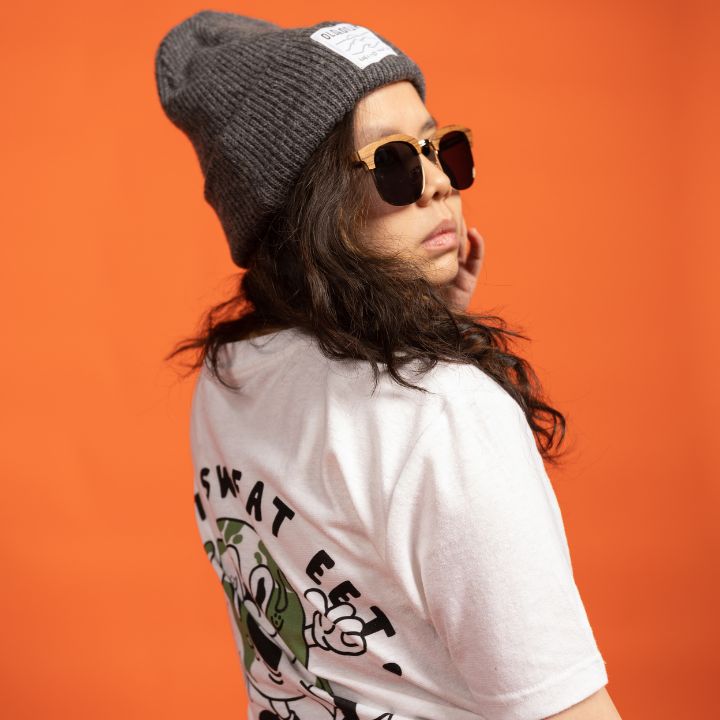Unveiling the Ecological Revolution: The Benefits of Hemp Fabric
In a world where sustainability and eco-consciousness have become paramount, hemp fabric emerges as a game-changer. With its versatile nature, durability, and environmentally friendly production process, hemp fabric is gaining recognition as a sustainable alternative to conventional textiles. In this article, we delve into the myriad benefits of hemp fabric and explore why it is becoming a frontrunner in the fashion and textile industry.
The Superiority of Hemp Fabric
1. Environmental Advantages Hemp fabric holds significant environmental advantages over its counterparts. Firstly, hemp plants require minimal water to thrive, making them an ideal choice in regions prone to drought. Additionally, hemp cultivation requires no herbicides or pesticides, reducing soil contamination and supporting biodiversity. The fast-growing nature of hemp plants also means they absorb more carbon dioxide than other crops, effectively mitigating greenhouse gas emissions.
2. Durability and Longevity One of the standout features of hemp fabric is its exceptional durability. The fibers derived from hemp plants are among the strongest in the world, making hemp fabric incredibly resistant to wear and tear. With proper care, hemp garments can outlast their synthetic or cotton counterparts, reducing the need for frequent replacements and ultimately decreasing waste.
3. Breathability and Comfort Hemp fabric possesses excellent breathability, allowing air to circulate freely through the fibers. This natural ventilation system helps regulate body temperature, making hemp clothing particularly suitable for warm climates. Additionally, the fibers soften with each wash, enhancing the overall comfort and drape of the fabric.
Hemp Fabric and Fashion Forwardness
1. Stylish and Versatile Gone are the days of dull, unattractive hemp garments. Today, designers are harnessing the versatility of hemp fabric to create fashionable and trendsetting clothing lines. Hemp fabric can be blended with other materials, such as organic cotton or silk, resulting in unique textures and designs. From casual wear to high-end fashion, hemp fabric caters to diverse styles while maintaining a strong eco-friendly ethos.
2. Hypoallergenic and Skin-Friendly For individuals with sensitive skin or allergies, hemp fabric is a godsend. The organic and antimicrobial properties of hemp make it resistant to mold, mildew, and bacteria, reducing the risk of skin irritations. Furthermore, hemp fabric is known for its hypoallergenic qualities, making it a safe and comfortable choice for those with skin sensitivities.
Frequently Asked Questions (FAQs)
Q1: Is hemp fabric legal to produce and use? A1: Yes, hemp fabric is legal to produce and use in many countries worldwide. However, it is essential to understand and comply with the specific regulations of your region.
Q2: Can hemp fabric be as soft as cotton? A2: Absolutely! With each wash, hemp fabric becomes softer, offering a comparable level of comfort to cotton.
Q3: Does hemp fabric shrink or stretch? A3: Hemp fabric has minimal shrinkage and stretch when compared to other fabrics. It retains its shape remarkably well over time.
Q4: Is hemp fabric more expensive than conventional textiles? A4: While the initial cost of hemp fabric may be slightly higher, its durability and longevity make it a cost-effective investment in the long run.
The era of hemp fabric has dawned, bringing forth a sustainable and eco-friendly revolution in the fashion and textile industry. Its environmental advantages, durability, breathability, and versatility make hemp fabric a preferred choice for the conscious consumer. Embrace the benefits of hemp fabric and embark on a stylish and sustainable fashion journey today!
Remember, for the latest trends and eco-friendly fashion updates, stay tuned to our website and join the hemp fabric movement!






